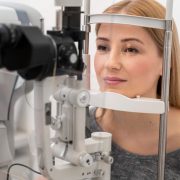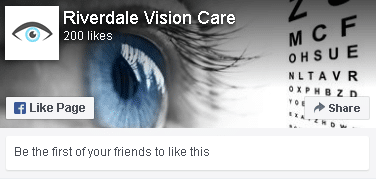Bacterial vs. Viral Conjunctivitis: Can You Spot the Difference?
Bacterial and viral conjunctivitis are called pink eye, which is why not everyone knows that there can be more than one cause for this common condition. Not only are the origins different, but so are the symptoms. Here, we’ll look at what to know about both disorders and how they manifest in different patients.
What Is Bacterial Conjunctivitis?
Bacterial conjunctivitis in Riverdale, NJ can be caused by different types of bacteria, including anything from staph to strep. While kids are more likely to get pink eye, thanks to its ability to pass through skin, objects, and respiratory droplets, adults (especially older adults) are also susceptible.
What Is Viral Conjunctivitis?
Viral infections target the membrane of the eyes, and while adenovirus is often the culprit, it’s not the only potential cause. Once the virus takes hold, it multiplies and causes the tell-tale pink color. Viruses can take up to three weeks to heal entirely.
The Symptoms of Viral Vs. Bacterial
The main difference between viral and bacterial is the type of discharge that the patient experiences. Bacterial infections typically produce a thick discharge, whereas viral infections are more watery. Both types may experience itching, burning, or light sensitivity. Viral infections can be accompanied by a standard head cold and can last longer than bacterial infections. And while not all cases need treatment, you can either cure the condition or reduce the severity of symptoms with the right eye doctor.
Pink Eye in Riverdale, NJ
While there are differences between viral and bacterial conjunctivitis, they may not always be easy to spot. For example, a pus that looks watery may be more viscous than you realize. With each passing day, the disease can spread to everyone from classmates to siblings.
Pink eye treatments can range from eye drops to corticosteroids to prescription medication.
With bacterial pink eye, you may be able to clear the condition up in just a few days! If you’re concerned about either type of pink eye, an eye doctor in Riverdale, NJ can tell you more about the next steps to take. At Riverdale Vision Care, our team can help you find the best treatments for you and your family.






